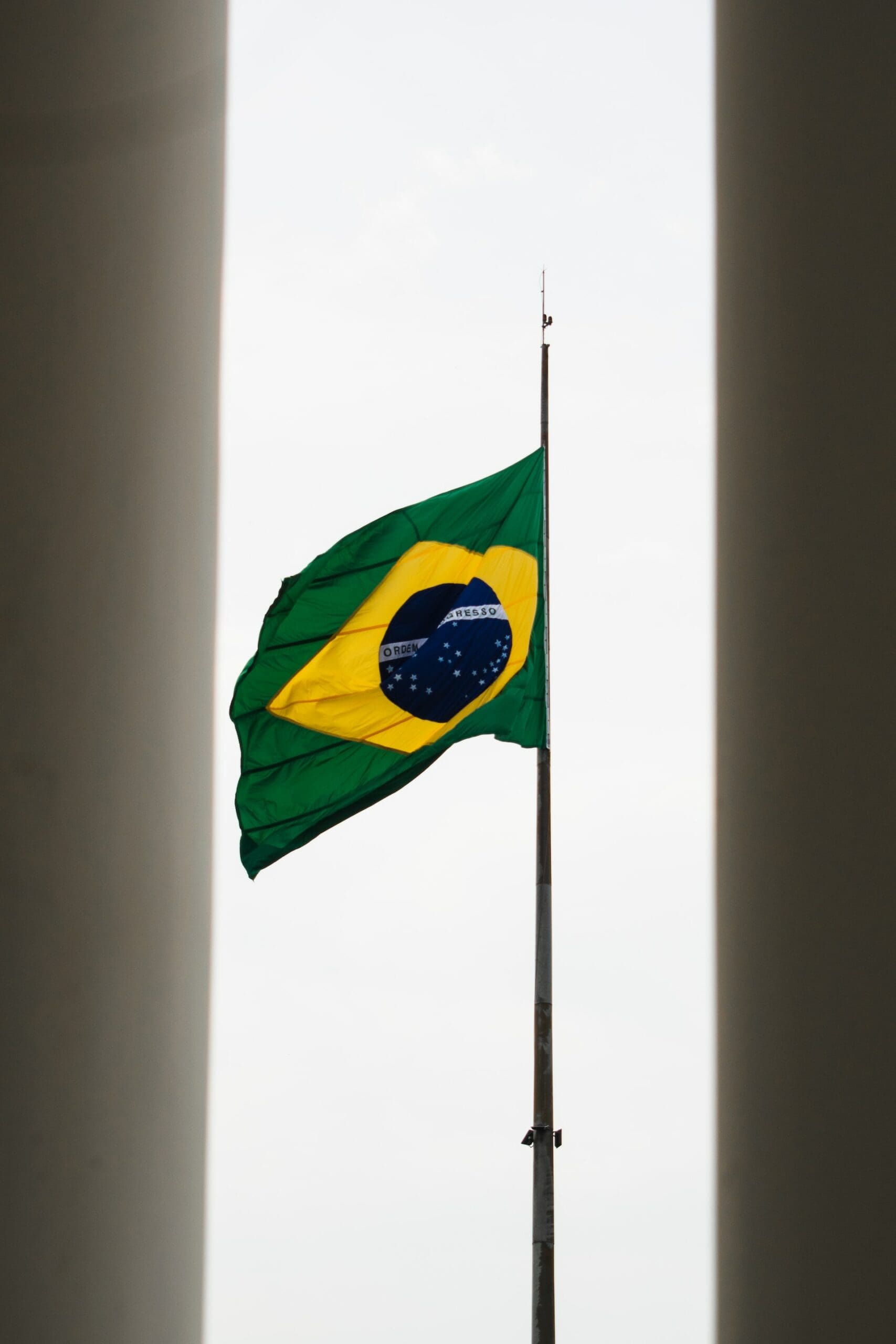By Monica de Bolle
See original post here.
Covid-19 is forcing a reconsideration of social welfare everywhere but especially in Latin America, the world’s most unequal continent. In a region where more than half of all workers are in the informal economy, some countries are perforce wondering if they can implement a basic income scheme, whereby citizens receive direct payments from the state. Such schemes
are most often discussed in advanced economies. But other nations in the emerging world may find useful lessons from the Latin American experience — as they have in the recent past from
Brazil’s famous bolsa familia scheme.
Brazil is not new to the idea of a basic income scheme. In 2004, it passed ground-breaking legislation that was never put into effect as the political focus went to enlarging other social programmes. The emergency of the coronavirus crisis has changed the dynamic.
It has exposed the size of Latin America’s vulnerable population, some 300m people. It has also shown up the inability of existing social programmes to help the poor. Chile is now considering a temporary basic income scheme; Brazil and Ecuador have already done so on an emergency basis. Bolivia has run such a scheme for the elderly since 1997. The main question is: can the region afford it? Fiscal accounts are under pressure and exports have collapsed. The answer is to limit eligibility.
Brazil’s programme could be a path-breaker. It began in April, following an initiative from civil society working with Congress that was later supported by President Jair Bolsonaro’s government. While the administration initially did not support the scheme, Mr Bolsonaro eventually recognised that it could help him politically.
It currently benefits more than 50m people, a quarter of Brazil’s population. Monthly cash worth $110 is paid for three months, with the possibility of extension. Payments are distributed by a state bank, with eligibility criteria based on worker status and income.
Brazil has already helped pioneer one social welfare system: the bolsa familia conditional cash-transfer scheme. Half a billion people worldwide, a quarter of them Latin American, are now enrolled in a CCT programme, whereby families receive state payments subject to conditions, such as getting their children vaccinated or sending them to school. CCTs worldwide have helped lift people out of poverty, improved health outcomes and not proved a disincentive to work as some critics feared. In Brazil, the scheme covers 13m families, around 40m people, with each household paid about $20 a month. It costs only 1 per cent of gross domestic product a year. The problem is that it does not fully cover the millions who work in the informal sector. Nor does it fully reach the third of the population without bank accounts.
The new basic income scheme, which provides unconditional payments, reaches those who fall through the cracks. But it is expensive. The cost for three months is about 2 per cent of gross domestic product, or 8 per cent of GDP if extended to a whole year. However, some of this could be funded through taxed corporate dividend income (about $30bn a year, currently untaxed). The programme itself would also, in part, pay for itself. My own calculations show it could potentially raise tax revenues by 20 per cent, via increased consumption. Take that into account and the annual net cost would be about 5 per cent of GDP.
The benefits of making the scheme permanent are the sustained help for the vulnerable that it would provide, and a broad pay-off to the wider economy. Still, it is a long shot this will happen. Brazil’s public accounts face massive pressure. Taxes already account for 35 per cent of GDP. Public debt is at dangerous levels. There have also been technical issues, such as a reported lack of physical hard cash to pay recipients.
Still, if the programme were to become permanent, it would set a global example — just as bolsa familia did in the 2000s. Building on the success of CCTs has clear political appeal. It is also economically sound, in that it provides essential support for a very significant portion of the population.
As much of the developing world grapples with the economic and social costs of the pandemic, this measure helps address both current challenges and those of the post-pandemic world.




















